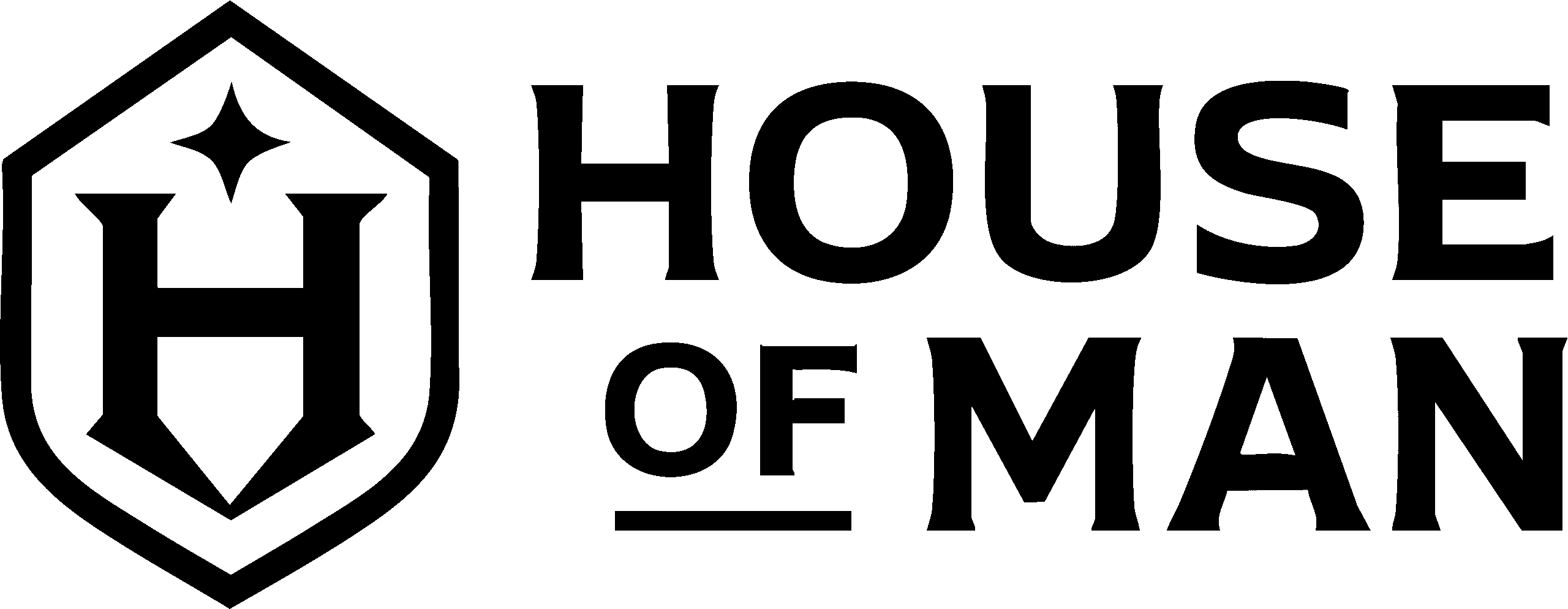Introduction: The Truth About Testosterone
Have you ever heard that lifting weights is the only way to boost testosterone, or that testosterone automatically makes men aggressive? If so, you’re not alone. Testosterone—the primary male sex hormone—is one of the most talked-about yet misunderstood hormones in men’s health.
From gym locker rooms to internet forums, myths about testosterone spread like wildfire. These misconceptions don’t just cause confusion—they can mislead men into making poor decisions about their health, performance, and well-being.
In this article, we’ll bust the most common testosterone myths with science-backed facts every man should know. By the end, you’ll have a clearer picture of the truth about testosterone and how it really affects your body and mind.
Myth #1: Testosterone Is Only About Muscle Growth
When most people think of testosterone, they imagine muscles—bigger biceps, stronger legs, and toned abs. And yes, testosterone plays a major role in muscle development, but reducing it to just “the muscle hormone” oversimplifies its function.
The Reality
Testosterone affects much more than your physique. It has a powerful influence on:
- Mood and emotional well-being – Low testosterone has been linked to depression and irritability.
- Energy levels – Adequate testosterone contributes to vitality and reduced fatigue.
- Libido and sexual function – Testosterone is a key player in sex drive and reproductive health.
- Bone density – Healthy levels help protect against osteoporosis and fractures.
- Brain function – Research shows testosterone supports memory, focus, and cognitive health.
The Evidence
Studies have consistently shown that men with low testosterone experience not just muscle loss but also changes in mood, reduced mental sharpness, and even higher risks of chronic conditions. Clearly, testosterone is about whole-body health, not just muscles.
Myth #2: More Testosterone Always Means Better Health
It’s easy to assume that if testosterone is good, more must be better. But that’s far from the truth.
The Reality
Excessively high testosterone levels—whether due to steroid abuse or uncontrolled supplementation—can be harmful. Risks include:
- Cardiovascular strain – Too much testosterone can increase blood pressure and heart risks.
- Mood swings – High levels are associated with irritability and anxiety.
- Fertility problems – Excess testosterone can actually reduce sperm count.
- Skin issues – Acne and oily skin often flare up with abnormal hormone levels.
Why Balance Matters
The key to healthy testosterone levels is balance, not extremes. Your body works best within a natural range. Think of testosterone as fuel: enough keeps the engine running smoothly, but too much can flood the system.
Myth #3: Only Older Men Have Low Testosterone
There’s a widespread belief that low testosterone is only a problem for men over 50. While it’s true that testosterone declines gradually with age, younger men are not immune.
The Reality
Many men in their 20s and 30s face low testosterone due to:
- Chronic stress – High cortisol suppresses testosterone production.
- Poor sleep – Even one week of restricted sleep can lower testosterone levels.
- Obesity – Excess body fat converts testosterone into estrogen.
- Sedentary lifestyle – Lack of exercise leads to hormonal imbalances.
What You Can Do
- Prioritize 7–9 hours of quality sleep per night.
- Maintain a healthy weight with balanced nutrition.
- Incorporate strength training and regular activity.
- Manage stress with mindfulness, breathing exercises, or hobbies.
Myth #4: Testosterone Therapy Is Dangerous for Everyone
Testosterone replacement therapy (TRT) often gets a bad reputation, largely because of its misuse in bodybuilding circles. But painting all TRT as dangerous is misleading.
The Reality
For men with clinically low testosterone, TRT can restore quality of life. Under medical supervision, TRT may improve mood, energy, sexual health, and bone strength.
The risks typically arise when therapy is misused without medical guidance, or when men take doses far beyond what the body needs.
Misuse vs. Treatment
- Misuse: Steroid abuse, self-prescription, or mega-doses.
- Clinical treatment: Doctor-supervised therapy tailored to individual needs.
Myth #5: Testosterone Automatically Makes Men Aggressive
Movies and media often link testosterone with violence, road rage, or uncontrollable temper. But is this stereotype true?
The Reality
Testosterone doesn’t turn men into aggressive beasts. Instead, it influences confidence, motivation, and assertiveness. Whether that energy translates into positive leadership or negative aggression often depends on personality and environment.
Scientific Evidence
A Harvard study found that testosterone can make people more fair and cooperative in social settings. Aggression is far more strongly linked to stress, upbringing, and external triggers—not just hormone levels.
Myth #6: Supplements Alone Can Skyrocket Testosterone
Walk into any supplement store, and you’ll see shelves of “testosterone boosters.” The marketing often promises quick fixes, but the reality is more complex.
The Reality
There’s no magic pill that can instantly transform testosterone levels. Supplements can support deficiencies (like vitamin D or zinc), but they won’t replace healthy habits.
The Bottom Line
True testosterone support comes from:
- Balanced nutrition
- Consistent exercise
- Adequate rest
- Stress management
Supplements may help, but they’re just one piece of the puzzle.
Lifestyle Habits That Truly Support Healthy Testosterone
Now that we’ve debunked the myths, let’s look at what really works for healthy testosterone lifestyle support:
- Strength Training & Exercise
Resistance training, HIIT workouts, and staying active are proven to increase testosterone. - Proper Sleep & Stress Reduction
Sleep is where your body restores hormone balance. Chronic stress, on the other hand, wrecks testosterone. - Balanced Diet
Include foods rich in:- Zinc (pumpkin seeds, oysters, beef)
- Vitamin D (fatty fish, egg yolks, sunlight)
- Healthy fats (avocados, olive oil, nuts)
- Avoiding Harmful Habits
Smoking, excessive drinking, and overeating all sabotage hormone health.
Conclusion: Rethinking Testosterone Myths
Testosterone is often misunderstood, leading to myths that oversimplify or exaggerate its role. Here’s what we’ve learned:
- It’s not just about muscle—it impacts mood, energy, bones, and brain.
- More isn’t always better; balance is key.
- Low testosterone can affect young men, too.
- TRT can be safe and beneficial under medical supervision.
- Testosterone doesn’t cause aggression—it shapes confidence and drive.
- Supplements can help but aren’t a magic fix.
Instead of falling for myths, focus on balanced health habits and consult a healthcare professional for personalized advice.Testosterone Myths Every Man Should Know | Men’s Health


